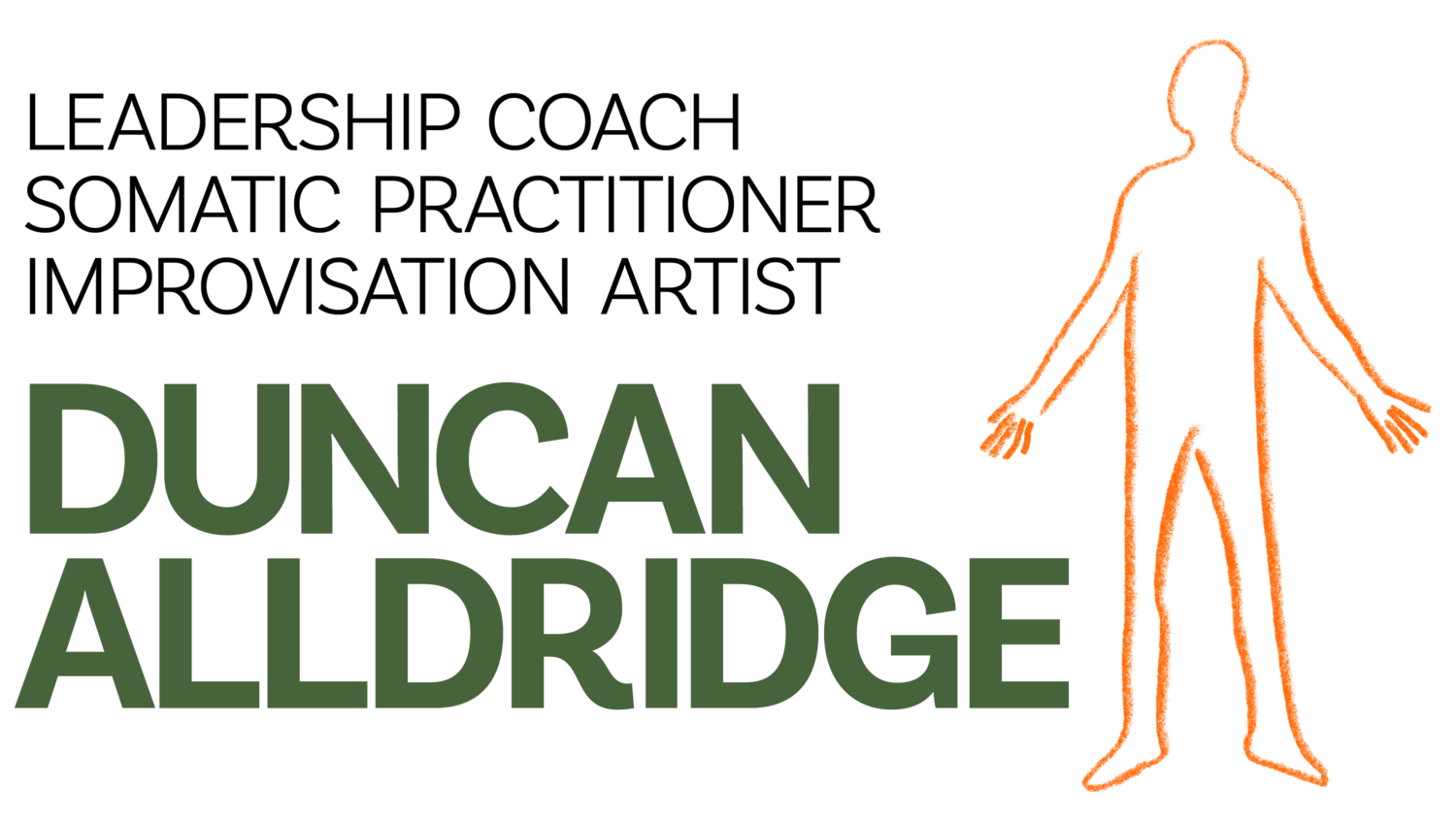Can You Imagine?
What’s your earliest memory of hearing a poem? Or reading one? How was it? Did the experience encourage you to explore reading more?
During a practice I lead, I often hear myself saying “use your embodied imagination…”
And what is embodied imagination? Is it any different to firing up those neurons in the brain we use for daydreaming, fantasising, and leaping into pastures of image, colour, words, sound and light?
For me, imagination is more than just activity in my head.
When I read aloud I drop into a felt sense of myself. With breath, tongue and lips I get to imbue words with layers of meaning. As my body wakes up and my senses get online I begin to find feeling; then inflection, subtlety and nuance. I bring my lived experience to the moment. My heart beats, blood pumps, emotions stir. This is all the crafting. The poem invites me to feel.
I was fortunate that my parents read to me joyfully and frequently. I remember my Dad when I was 7 or 8, sometimes before we knelt to say a simple prayer, would read Blake’s famous lines: “Tyger Tyger, burning bright, in the forests of the night…”
It was about the rhythm and rhyme; I felt Dad’s voice, pace, his crafting, his care…
I read Can You Imagine? a few times, then I begin to record. On every reading I get more information from Mary’s words and from my body. I discover choices. I listen back to the arc of meaning I’ve made for the poem. I bring more of myself. I’m conscious of creating aliveness for a listener, so there’s a balance between sharing and discovering. Untold furrows of my longing and memory weave my embodied response.
When we use our embodied imagination we get out of our heads and drop into our hearts, guts and feet. We create space to observe a felt sense.
We get more present.
Reading a poem is a practice of being in the moment. It’s a prayer and meditation all rolled into one brush stroke. If you’ve ever read to children you’ll know this.
Try reading a poem that draws you - out loud. Even better write your own and read. Share it with someone. Hear your voice, feel the vulnerability, transcend the now, and allow the poet’s metaphors to find within you a deeper sense of life and of the rivers of knowing.
Can You Imagine?
For example, what the trees do
not only in lightening storms
or the watery dark of a summer’s night
or under the white nets of winter
but now, and now, and now – whenever
we’re not looking. Surely you can’t imagine
they don’t dance, from the root up, wishing
to travel a little, not cramped so much as wanting
a better view, or more sun, or just as avidly
more shade – surely you can’t imagine they just
stand there loving every
minute of it, the birds or the emptiness, the dark rings
of the years slowly and without a sound
thickening, and nothing different unless the wind,
and then only in its own mood, comes
to visit, surely you can’t imagine
patience, and happiness, like that.

